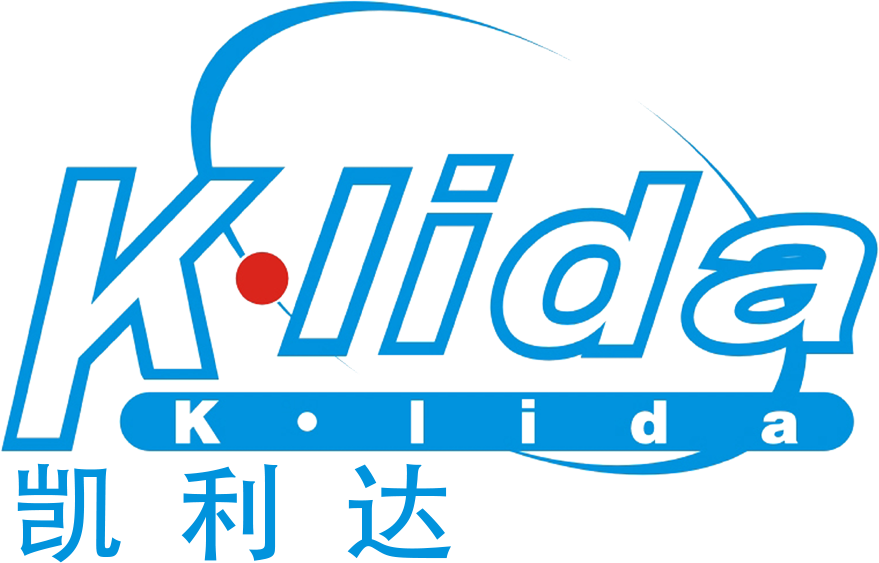Unlocking Efficiency: The Critical Role of Chemical Pump Motors in Modern Industries
Release time:
2025-10-05
Unlocking Efficiency: The Critical Role of Chemical Pump Motors in Modern Industries In the realm of industrial machinery, where precision and reliability are paramount, chemical pump motors stand out as essential components. These specialized motors are designed to handle the unique demands of chemical pumping applications, ensuring that industries such as pharmaceuticals, petrochemicals, and foo
Unlocking Efficiency: The Critical Role of Chemical Pump Motors in Modern Industries
In the realm of industrial machinery, where precision and reliability are paramount, chemical pump motors stand out as essential components. These specialized motors are designed to handle the unique demands of chemical pumping applications, ensuring that industries such as pharmaceuticals, petrochemicals, and food processing operate smoothly and efficiently. In this article, we will explore the multifaceted role of chemical pump motors in modern industries, highlighting their significance, applications, and the technological advancements that enhance their performance.
Table of Contents
1. Understanding Chemical Pump Motors
2. Types of Chemical Pump Motors
3. Key Applications of Chemical Pump Motors in Industries
4. Benefits of Using Chemical Pump Motors
5. Factors to Consider When Choosing Chemical Pump Motors
6. Enhancing Efficiency with Advanced Technologies
7. Maintenance Best Practices for Chemical Pump Motors
8. Frequently Asked Questions (FAQs)
9. Conclusion
1. Understanding Chemical Pump Motors
Chemical pump motors are specialized electric motors specifically designed to drive pumps that handle various chemicals. These motors are built to withstand the corrosive effects of chemicals, ensuring longevity and reliability in demanding environments. Unlike standard motors, chemical pump motors may feature enhanced insulation, specialized materials, and unique designs tailored to meet the rigorous standards of industrial applications.
2. Types of Chemical Pump Motors
Chemical pump motors can be categorized into several types, each suited for different applications and environments. The primary types include:
2.1. Submersible Motors
Submersible motors are designed to operate underwater, making them ideal for applications that require pumps to operate in submerged conditions. These motors are commonly used in wastewater treatment plants and oil extraction processes.
2.2. Vertical Motors
Vertical motors are typically used in applications where space is limited. They are installed in a vertical orientation and are often used in chemical processing industries for high-pressure applications.
2.3. Horizontal Motors
Horizontal motors are more common and are installed in a traditional horizontal alignment. These motors are versatile and can be adapted to various pumping applications across different industries.
3. Key Applications of Chemical Pump Motors in Industries
Chemical pump motors find extensive application across various sectors. Some of the most notable include:
3.1. Petrochemical Industry
In the petrochemical industry, chemical pump motors are crucial for transporting raw materials and finished products. They handle corrosive substances like acids and solvents, ensuring safe and efficient operations.
3.2. Pharmaceutical Manufacturing
In pharmaceutical manufacturing, precision is critical. Chemical pump motors facilitate the accurate transfer of chemicals and active ingredients, maintaining the integrity of the products.
3.3. Food and Beverage Sector
The food and beverage industry relies on chemical pump motors for transporting ingredients and cleaning solutions. These motors must comply with strict hygiene standards to ensure product safety.
3.4. Water Treatment Facilities
In water treatment facilities, chemical pump motors are employed for dosing chemicals used in the purification process. Their reliability directly impacts the quality of water supplied to communities.
4. Benefits of Using Chemical Pump Motors
Implementing chemical pump motors in industrial settings offers numerous benefits, such as:
4.1. Enhanced Efficiency
Chemical pump motors are engineered to provide optimal performance, reducing energy consumption and operational costs. This efficiency translates into significant savings for businesses.
4.2. Improved Reliability
The robust design of chemical pump motors ensures minimal downtime, enhancing overall productivity. Industries can rely on these motors to operate continuously without frequent maintenance interruptions.
4.3. Safety Assurance
Given the hazardous nature of many chemicals, safety is a top priority. Chemical pump motors are designed with safety features that mitigate risks associated with chemical spills or leaks.
4.4. Versatility
These motors can handle a wide variety of chemicals, making them suitable for diverse applications. Their adaptability allows industries to utilize them across different processes and products.
5. Factors to Consider When Choosing Chemical Pump Motors
Selecting the right chemical pump motor is crucial for optimizing performance. Several factors should be considered:
5.1. Chemical Compatibility
It is essential to choose a motor that is compatible with the specific chemicals being pumped. This ensures longevity and prevents damage to the motor.
5.2. Power Requirements
Understanding the power requirements of the pump and motor is vital. Ensuring that the motor provides adequate power for the pumping application will optimize efficiency.
5.3. Environmental Conditions
The operational environment can significantly influence the motor's performance. Factors such as temperature, humidity, and exposure to corrosive materials should be assessed when selecting a motor.
5.4. Regulatory Compliance
Many industries operate under strict regulatory compliance guidelines. It is crucial to ensure that the chosen chemical pump motor meets these standards to avoid potential legal issues.
6. Enhancing Efficiency with Advanced Technologies
Innovations in motor technology have led to the development of more efficient chemical pump motors. Some advancements include:
6.1. Variable Frequency Drives (VFDs)
VFDs allow for precise control of motor speed, enabling optimization of energy consumption based on the specific needs of the application.
6.2. Smart Motor Technologies
Smart motor technologies integrate IoT capabilities, providing real-time monitoring and diagnostics. This data can help industries anticipate maintenance needs and enhance overall efficiency.
6.3. Energy-Efficient Designs
Modern chemical pump motors are designed with energy efficiency in mind, often featuring advanced materials and designs that reduce energy consumption without compromising performance.
7. Maintenance Best Practices for Chemical Pump Motors
To ensure longevity and optimal performance, proper maintenance of chemical pump motors is essential. Key best practices include:
7.1. Regular Inspections
Conduct routine inspections to identify wear and tear or any potential issues. Early detection can prevent costly repairs and downtime.
7.2. Lubrication
Regular lubrication of motor bearings is essential to reduce friction and prevent overheating, which can lead to premature motor failure.
7.3. Cleaning
Keeping the motor and surrounding areas clean can prevent the accumulation of debris and chemicals that could affect performance.
7.4. Monitoring Performance
Utilize performance monitoring tools to track the motor's operational metrics. This data can provide insights into efficiency and highlight areas for improvement.
8. Frequently Asked Questions (FAQs)
8.1. What is a chemical pump motor?
A chemical pump motor is a specialized electric motor designed to drive pumps for handling chemicals in various industrial applications, ensuring efficiency and reliability.
8.2. How do I choose the right chemical pump motor?
Consider factors such as chemical compatibility, power requirements, environmental conditions, and regulatory compliance when selecting a chemical pump motor.
8.3. What industries use chemical pump motors?
Chemical pump motors are used in industries such as petrochemicals, pharmaceuticals, food and beverage, and water treatment facilities.
8.4. How can I enhance the efficiency of chemical pump motors?
Implementing advanced technologies like variable frequency drives and smart motor systems can significantly enhance the efficiency of chemical pump motors.
8.5. What maintenance practices should I follow for chemical pump motors?
Regular inspections, lubrication, cleaning, and performance monitoring are essential best practices to maintain chemical pump motors and ensure their longevity.
9. Conclusion
Chemical pump motors play a vital role in modern industries, driving efficiency, reliability, and safety in various applications. By understanding the types, benefits, and best practices associated with these motors, industries can optimize their operations and enhance productivity. Investing in the right chemical pump motor, supported by maintenance and innovative technologies, will ensure that businesses can meet their operational demands while maintaining a competitive edge in the ever-evolving industrial landscape.
Recommended News





